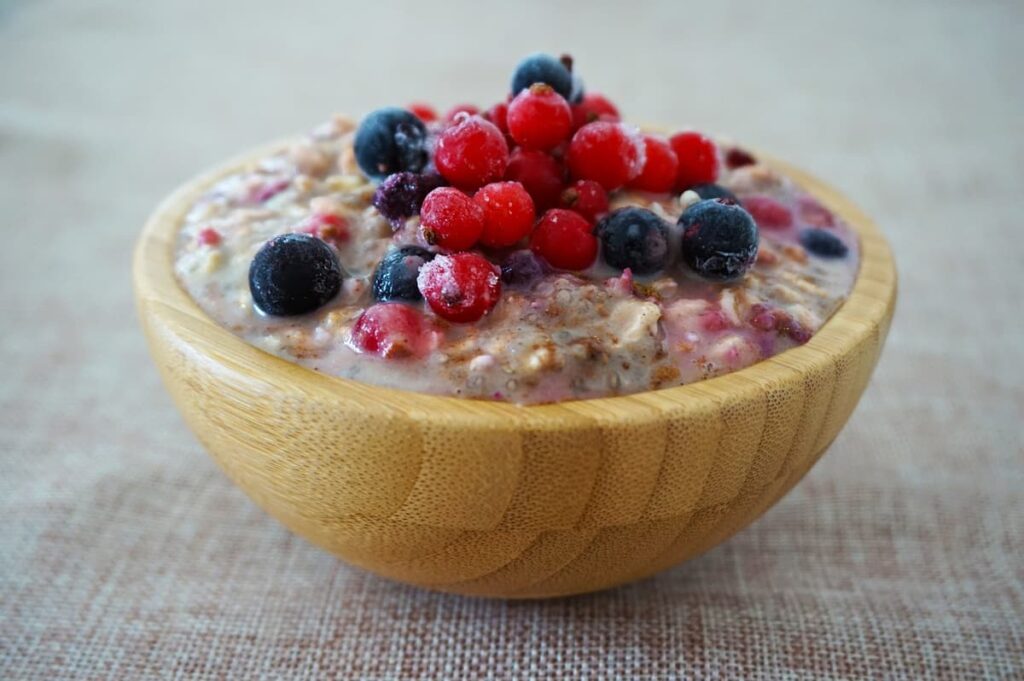Anyone taking part in this year’s London Marathon will need no reminding that the 26.2 mile run is only a couple of days away.
But whatever your running ability, the 42km distance needs to be treated with respect and fuelling is very important if you are going to make it to The Mall and over the line.
We have looked into the best nutrition advice we could find for what to do and not do in the 48 hours (or so) before the race. Happy carb loading!
What to eat in the days before a marathon
Eat your biggest meal two nights before the race
“Your biggest main meal should be two nights before the race, not the night before,” reports running journal High Five. The thinking for this one is that you will be lighter on race day and not feeling so bloated.
Running a marathon is a great excuse to eat a lot of yummy pasta
Pasta Evangelists
Friday I’m in love with carbs
Good Food’s guide for the day before goes in with porridge for breakfast, has flapjack as a morning snack, moves onto a chicken enchilada wrap for lunch, before hummus for lunch and then salmon pasta with peas for dinner. The best part is the banana cake for pudding!

Make sure to stay hydrated
PA Archive
Drink in the build-up to the run
Dietician Renee McGregor said: “Along with maintaining hydration, fluid intake during endurance running helps to regulate body temperature (thermoregulation) and ensure adequate plasma (blood) volume.
“When core body temperature rises owing to dehydration, plasma volume decreases, resulting in an increased heart rate, which accelerates fatigue.”
Eat foods that you are familiar with
High Five has suggested runners do not try any new foods in the hours before the event and instead stick to what has worked well in the past. Maybe save that suave new restaurant in town offering stir-fried bacon-wrapped prawns until after the marathon.

Not a bad way to start the day
The Park
Pile on the carbohydrates
Carb loading is not new nor antiquated advice. All runners do it and High Five has suggested you eat 10 grams of carbohydrate per kg of body weight. As part of this, the site recommends eating an energy bar every 3-4 hours in the final 48 hours.
Leave out fibre and protein for the time being
Fibre and protein should be a key part of any runner’s diet but at this late stage you should, according to High Five, make it less of a priority in favour of carbs. Advice stated: “A big steak is unlikely to provide the best fuel on race day and very high fibre meals leave the risk of digestive discomfort during the race.”




